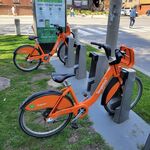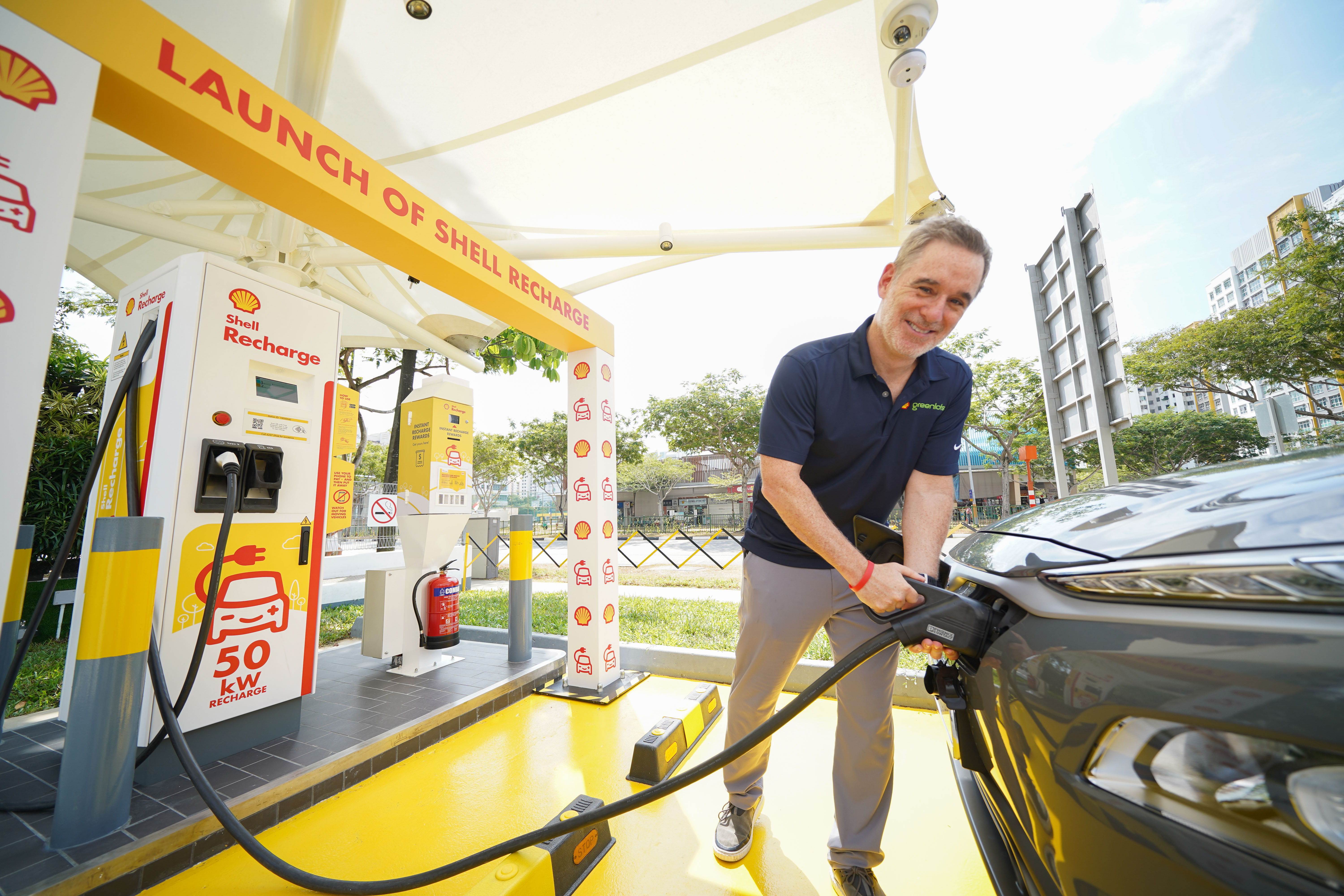Well, the wait times are not that dramatic. Model 3 can recharge around 150-180 miles of range in 15-20 minutes. A 15-20 min break every 2-3 hours is not unreasonable for a washroom break and to grab a drink or snack. When we get high density of charging stations, you are really just going to cycle from 5% state of charge up to 50 or 60%, which can be recharged very quickly. The last 30-40% is much slower. You can start to cut it very fine on how low you go when there is a supercharger every 10 km or so on a highway.
Regarding panhandlers, I have never heard of that being an issue. The biggest problem is with ICE vehicles deliberately blocking charging stalls by parking in them, or boxing cars in as they are charging.
I don't see people putting their own personal use vehicles in for ridesharing. People are precious about their cars in a way a fleet company would not be. It's an idea that sounds nice in theory, but I don't see people lending their car out during the day while they are at work. What do you do with your carseats? Do you have to wipe your car down and make sure it is immaculate before you let it pick up passengers? You will be held accountable for passenger satisfaction with the ride like an Uber driver today. I think culture and norms change over time. Yes, cars are a convenient mobile locker for your stuff, but is that worth $7k/year?





